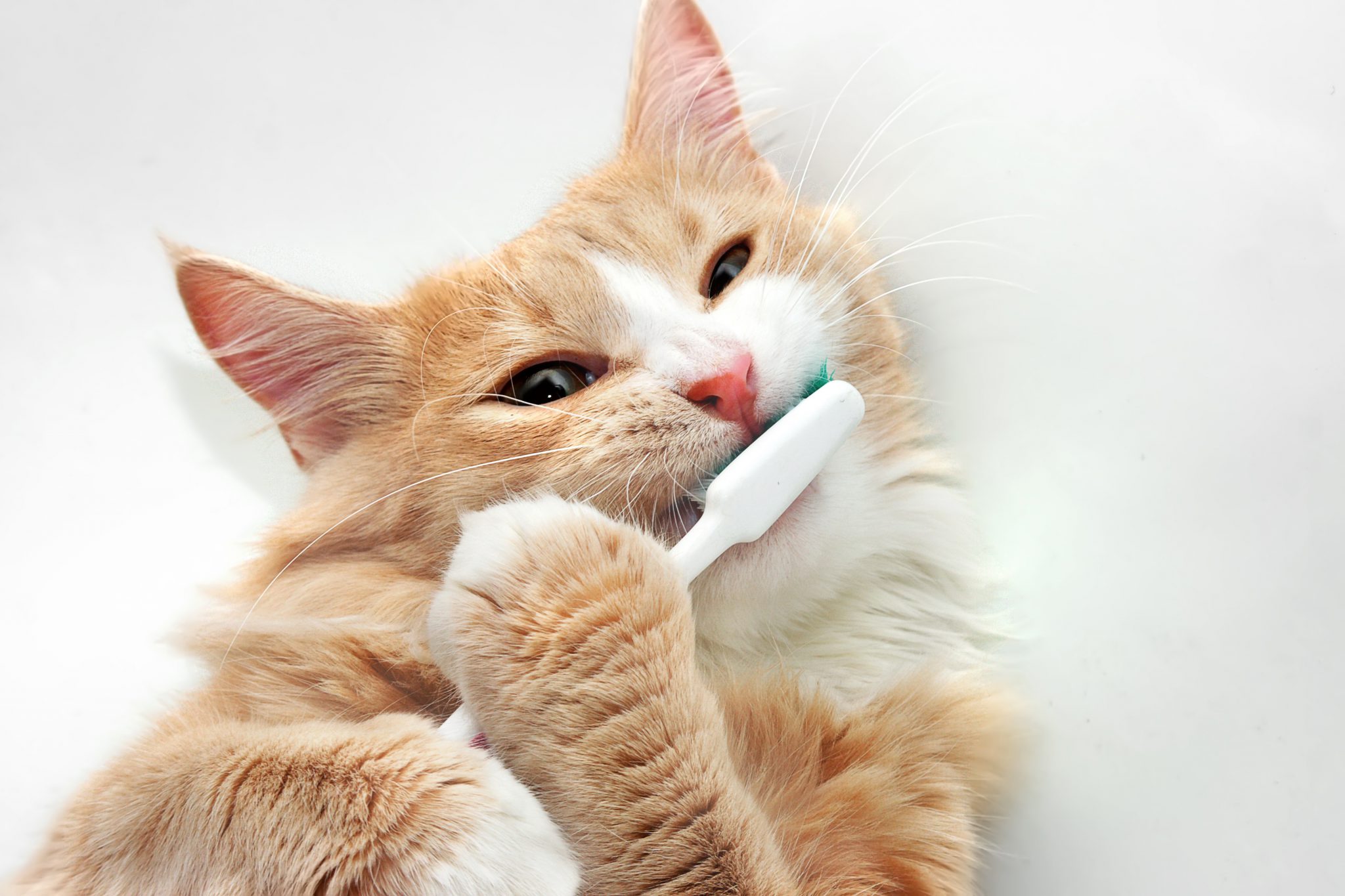
Kitten Dental Care: How to Properly Brush Your Kitten’s Teeth
Understanding how to care for their dental health is crucial for new cat owners or those who have recently welcomed a kitten into their homes. Proper dental care includes introducing tooth brushing early on, which can significantly benefit your kitten as they grow. This guide will discuss how to brush your kitten’s teeth effectively.
Starting Dental Care for Your Kitten
Like humans, kittens undergo a teething phase as they transition from baby to adult teeth. This typically occurs around seven months of age, when their permanent teeth emerge. Establishing tooth-brushing habits by this time is essential.
Kittens might initially react negatively to the presence of a toothbrush. To ease this transition, you can apply a small amount of kitten-friendly toothpaste around their mouth to pique their curiosity. This helps them associate positive experiences with dental care.
Steps to Introduce Tooth Brushing
Once your kitten is comfortable around the toothbrush and toothpaste, you can gently brush their teeth. Here’s how to make the process smoother:
- Get Them Used to Touching Their Mouth: Begin by gently touching their mouth and brushing their teeth with a piece of gauze or your finger, demonstrating that brushing isn’t painful.
- Start with the Front Teeth: First, brush the outer surfaces of the front teeth. Use a small amount of toothpaste on the gauze for effective cleaning.
- Transition to a Toothbrush: Once they are comfortable, switch to a toothbrush with soft bristles specifically designed for cats. Choose a small-sized brush to help reduce anxiety.
Daily brushing is ideal, but if your schedule is busy, brush your kitten’s teeth thrice weekly to maintain dental health. Brushing should take only about 30 seconds, making it a manageable task.
Essential Tips for Healthy Teeth
Avoid using human toothpaste for your kitten, as the ingredients can harm them. Always use toothpaste specifically formulated for cats, which comes in flavours like chicken or tuna.
If toothpaste gets on their fur or chin, clean it off with water or a pet-safe wipe to prevent skin irritation. This is essential to keeping the experience positive and stress-free.
Conclusion
Establishing a tooth brushing routine early is essential for your kitten’s long-term dental health. Follow the tips provided to help your kitten adapt to this critical aspect of care. If you encounter difficulties, consider seeking advice from a professional.

✅Cat Dementia: Symptoms, Prevention, and Management Strategies